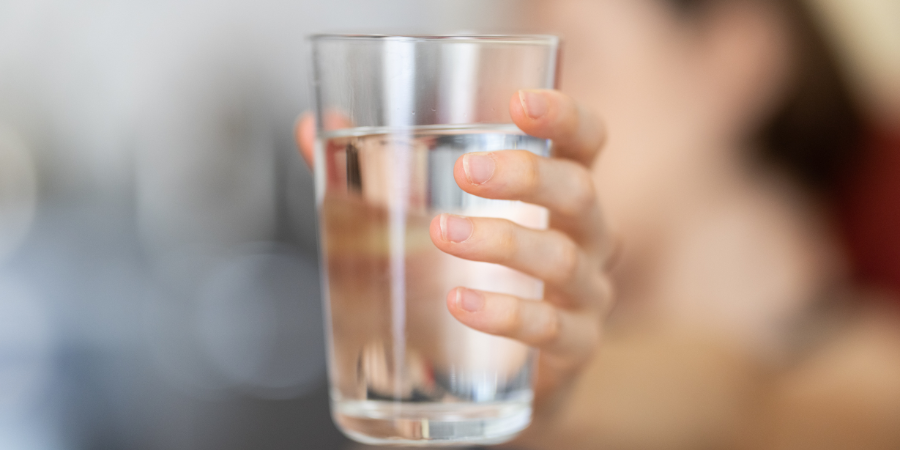Water quality in residential areas is a cornerstone of healthy living, yet it’s often overlooked until problems arise. Various factors can compromise the purity of water delivered to homes, affecting everything from taste and smell to safety and appliance longevity. This article aims to shed light on the myriad influences on water quality and provide actionable advice for homeowners seeking to enhance the water that flows through their taps. We will explore common contaminants, the role of municipal water treatment, and the effectiveness of home-based solutions like filtration systems.
Sources of Water Contamination
Understanding the sources of contamination is crucial in addressing water quality issues. Here, we explore the primary ways in which pollutants can enter your home’s water system.
Municipal Water Treatment Limitations
While municipal water systems are regulated to ensure safety, the treatment process can miss or inadequately remove certain contaminants. Pharmaceuticals, microplastics, and certain chemicals may pass through treatment facilities and end up in household water. Additionally, the treatment itself can introduce substances like chlorine or chloramines, which, while effective at disinfecting the water, can affect its taste and smell and react with pipes to form harmful byproducts.
Agricultural Runoff
In regions near agricultural activity, runoff from farms can lead to elevated levels of nitrates, pesticides, and herbicides in the water supply. These substances can infiltrate municipal water sources, posing health risks, and often are unremovable through standard treatment processes.
Industrial Pollution
Industrial operations can release a variety of pollutants into water bodies that serve as sources for municipal systems. Heavy metals like lead and mercury, solvents, and other industrial chemicals can contaminate water, leading to serious health concerns and complicating treatment efforts.
Other Common Contaminants
Microbial pathogens such as bacteria, viruses, and parasites frequently infiltrate water supplies, particularly after heavy rains or due to sewage overflows. Heavy metals such as lead and mercury, often from corroding pipes, are also known to be found in residential water supplies. These contaminants can affect both the safety and taste of drinking water, highlighting the importance of effective water treatment solutions at both municipal and residential levels.
Old Plumbing Infrastructure
In many older homes, the plumbing infrastructure itself can degrade water quality. Corroding pipes can leach lead and other metals into the water, especially if the water has a high acidity or low mineral content that encourages corrosion. This issue is particularly pressing in areas with outdated municipal infrastructure where water travels a long distance through aging pipes before reaching homes.
Improving Water Quality at Home
There are several effective measures homeowners can take to directly enhance the quality of their water. Here, we discuss the options available, focusing on the use of home water filtration systems.
Whole House Filtration Systems
A whole-house water filtration system, installed at the point where water enters the home, can significantly improve water quality by removing particulates, chemicals, and other contaminants before they reach the taps. These systems vary in complexity, from simple sediment filters to more advanced solutions that can tackle chlorine, heavy metals, and biological contaminants.
Under-Sink and Countertop Filters
For more targeted filtration, under-sink or countertop filters can purify water at the point of use, ensuring that water used for drinking and cooking is free of unwanted tastes, odors, and contaminants. These systems often use activated carbon or reverse osmosis processes to provide a high level of purification.
Softeners and Conditioners
In areas with hard water—water high in minerals like calcium and magnesium—softeners can prevent scale buildup in pipes and appliances, extending their lifespan and improving efficiency. Water conditioners, while not removing minerals, alter their form so they do not deposit as scale.
The Importance of Maintaining Water Quality
Good water quality is not just about aesthetics; it is a fundamental health issue. Contaminated or poor-quality water can lead to a range of health problems, from gastrointestinal issues to serious conditions caused by toxic substances. Ensuring good water quality also protects the integrity of your home’s plumbing systems and appliances, saving money on repairs and replacements in the long run.
Looking To Improve The Water Quality In Your Home?
Ensuring the quality of your residential water supply is a vital component of maintaining a healthy, comfortable home environment. By understanding the sources of water contamination and the limitations of municipal treatment, homeowners can take informed steps to safeguard their water. Investing in the right water filtration system not only enhances daily life but also protects the overall health of all household members.
If you’re concerned about the quality of your water or interested in exploring filtration options, don’t hesitate to contact us. A qualified technician can assess your specific needs, recommend appropriate filtration solutions, and ensure that your system is installed correctly for optimal performance. Begin the journey to guarantee that your home’s water is as clean, safe, and refreshing as it should be. Reach out to OVC Plumbing and ensure that your water quality is the best it can be.






